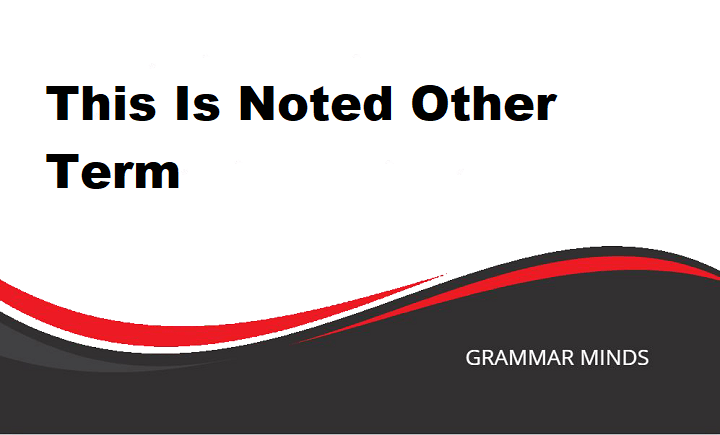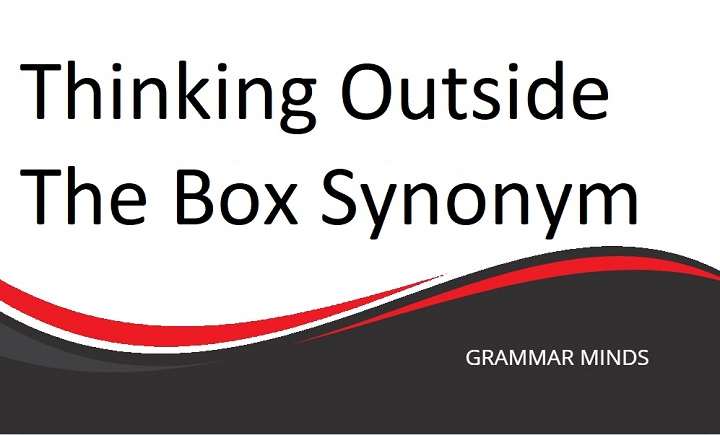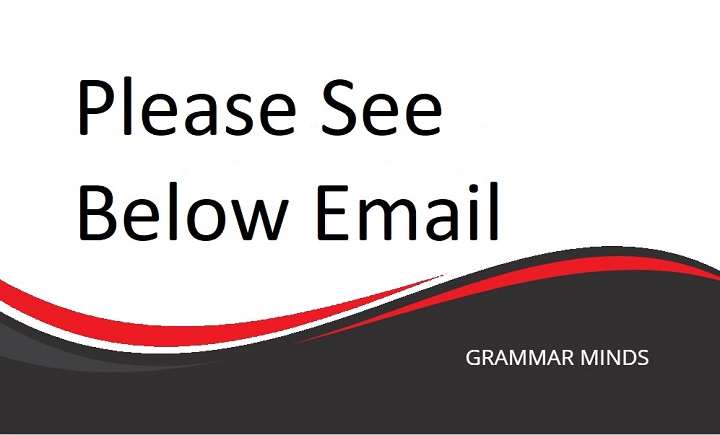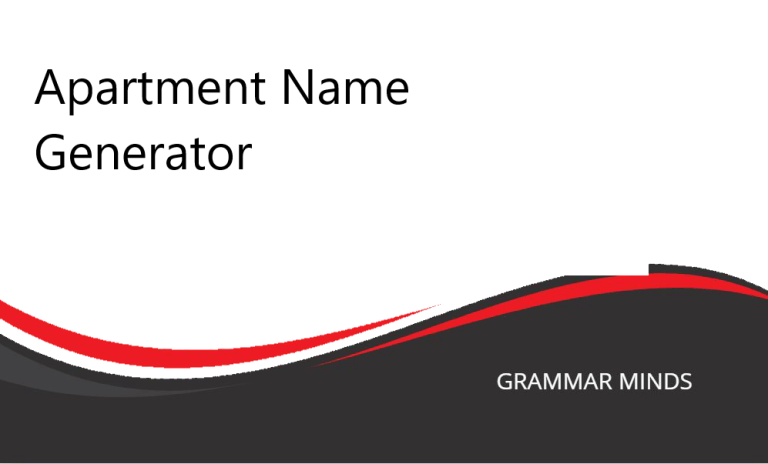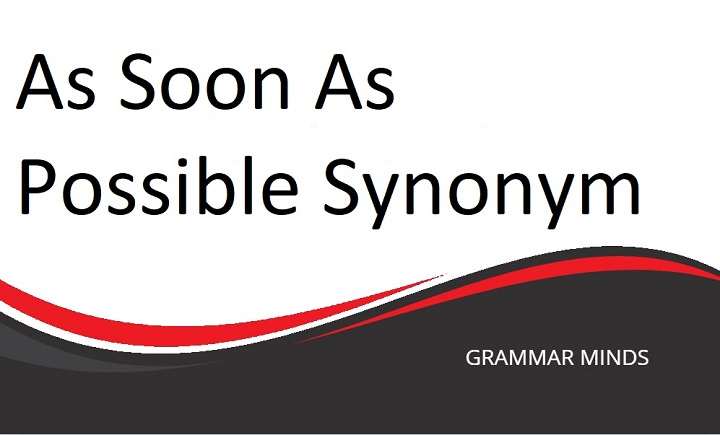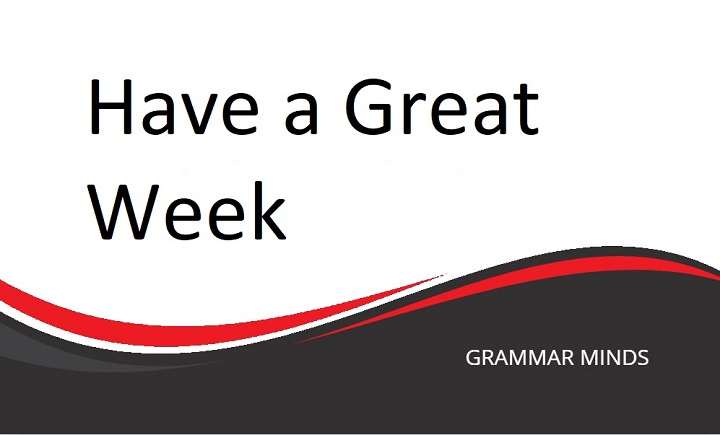Have you found yourself using the phrase “this is noted” repeatedly? Whether in emails, meetings, or casual conversations, this phrase often becomes the go-to response when acknowledging information. But over time, it can start to feel stale and repetitive. You might begin to wonder: is there a better way to say it? Are there other terms that can be just as effective yet more varied and engaging?
Don’t worry! We’ve compiled a list of handy alternative phrases that can help you mix things up. With these alternatives, you’ll sound more polished and versatile in both professional and personal communication.
Do You Find Yourself Using the Phrase “This is Noted” Repeatedly?
Let’s face it—language can become habitual. Phrases like “this is noted” are convenient and universally understood, making them easy to fall back on. However, using the same phrase in every email or conversation can make your communication sound monotonous and even robotic.
In professional settings, varying your language shows attentiveness and effort. In personal contexts, a more dynamic language style keeps conversations lively and engaging. So, if you’re tired of using “this is noted,” it’s time to expand your vocabulary. Below, you’ll find a variety of alternatives to help you sound more natural and articulate.
Other Ways to Say “This is Noted”
- Duly Noted
- Acknowledged
- Understood
- Got it
- I have taken note
- I’ll make sure to keep this in mind
- Registered
- I see
- Message received
- Point taken
Now, let’s break down when and how to use these alternative phrases in both formal and informal situations.
Key Notes
The phrase “this is noted” is grammatically correct and suitable for formal situations, such as emails or meetings. However, it can sometimes feel basic or repetitive. In contrast, alternatives like “Duly Noted” or “Acknowledged” offer a more nuanced approach and can fit various professional or casual contexts.
You can use “Duly Noted” for formal situations, especially in professional emails or official correspondence.
“Got it” is a great informal alternative, commonly used in casual conversations or between colleagues in a laid-back setting.
Keep reading to discover how to use these phrases in both formal and informal situations and see real-life examples of how they can be applied effectively.
Duly Noted
Usage:
If you’re looking for a formal alternative to “this is noted,” try using “Duly Noted.” This phrase adds a touch of professionalism, making it ideal for corporate environments like business meetings, legal discussions, or written communications in more formal industries.
Example (in an email):
Dear [Recipient],
Thank you for your detailed report on the latest financials. I appreciate the effort and thorough analysis you’ve put into this.
Duly Noted on the next steps, and I will be sure to follow up with the necessary updates.
Best regards,
[Your Name]
Acknowledged
Usage:
“Acknowledged” works well in formal communication and shows that you’ve understood and are taking action based on the provided information. It’s great for workplace correspondence where professionalism is key but a less rigid tone is still appropriate.
Example (in an email):
Dear [Recipient],
Thank you for the clarification regarding the upcoming project deadline. Acknowledged, and I will ensure we stay on track to meet it.
Best regards,
[Your Name]
Understood
Usage:
This phrase is versatile and can work in both formal and informal settings. It is a simple yet effective way of showing that you comprehend what has been communicated. It also has a subtle air of decisiveness.
Example (in conversation):
Manager: Please ensure that the report is submitted by Friday.
You: Understood, I’ll have it ready by then.
Got it
Usage:
“Got it” is an informal phrase perfect for conversations with friends, family, or close colleagues. It’s casual, direct, and to the point, which makes it great for everyday interactions.
Example (in conversation):
Friend: Don’t forget to bring the drinks for the party!
You: Got it! See you later.
I Have Taken Note
Usage:
This is a slightly more formal version of “this is noted.” It works well in professional emails, especially when you want to convey that you’ve noted important details and will act accordingly.
Example (in an email):
Dear [Recipient],
Thank you for your feedback on the proposal. I have taken note of your suggestions and will incorporate them into the next draft.
Best regards,
[Your Name]
I’ll Make Sure to Keep This in Mind
Usage:
This phrase is perfect when you want to reassure someone that you’ll remember what’s been said and take it into consideration. It can be used in both formal and informal settings depending on the tone of the overall conversation.
Example (in conversation):
Boss: Please be careful with the client communication moving forward.
You: I’ll make sure to keep this in mind, thank you for the heads-up.
Registered
Usage:
“Registered” is another formal way of saying “noted” and is often used in official or legal contexts. It can be used in email communication where you need to convey that the information has been formally acknowledged.
Example (in an email):
Dear [Recipient],
Thank you for sending over the details.
Registered, and I will proceed as discussed.
Best regards,
[Your Name
I See
Usage:
“I see” is an informal way of acknowledging information in a conversation. It’s more conversational than some of the other alternatives, making it a great fit for informal settings or quick exchanges.
Example (in conversation):
Colleague: The client wants the presentation by next Wednesday.
You: I see, I’ll make sure to have everything ready by then.
Message Received
Usage:
“Message received” is a straightforward and clear way of acknowledging information, often used in more casual or informal situations. It gives the impression of decisiveness and understanding without the need for formal language.
Example (in conversation):
Coworker: We need to focus on the marketing strategy for the next quarter.
You: Message received, I’ll start working on the plan.
Point Taken
Usage:
“Point taken” is a phrase that’s useful when you want to convey that you understand a specific point someone is making. It’s slightly more informal and works well in personal conversations or informal workplace discussions.
Example (in conversation):
Friend: You might want to double-check your numbers before sending the report.
You: Point taken, I’ll review them right away.
Is It Correct to Say “This is Noted”?
Yes! “This is noted” is grammatically correct and is suitable for both formal and informal settings. It’s a versatile phrase that can be used in various professional scenarios, such as meetings, emails, or casual conversations. However, because of its simplicity, using it too often may make your communication feel a bit repetitive and bland.
Using synonyms or alternative phrases like the ones listed above can help diversify your language and make you sound more dynamic. For example, using “Duly Noted” in professional correspondence can make you sound more polished, while “Got it” can make you seem more approachable in casual conversations. Depending on the context, you can also play around with slight variations of this phrase, such as:
- “Your point is noted.”
- “I’ve made a note of that.”
- “Your message has been noted.”
By adding these options to your communication toolkit, you’ll be able to tailor your responses more effectively to the situation and the person you’re speaking with.
To Sum Up
In conclusion, “this is noted” is a perfectly acceptable and grammatically correct phrase that can be used in both formal and informal contexts. However, relying on this phrase too much can make your communication feel stagnant. That’s where the alternative phrases listed in this article come in handy—they help you diversify your language, making you sound more professional, polished, and personable.
Here’s a quick recap of some of the best alternatives to “this is noted”:
- Duly Noted: Best for formal and professional settings, adding a touch of sophistication.
- Acknowledged: A simple yet formal way to say you’ve understood the information.
- Understood: A versatile phrase that works well in both formal and informal settings.
- Got it: Ideal for casual conversations and informal exchanges.
- I Have Taken Note: A formal phrase that shows you’ve noted important information.
- I’ll Make Sure to Keep This in Mind: Suitable for both professional and personal conversations, this phrase adds an element of reassurance.
- Registered: Great for formal or legal contexts where information needs to be acknowledged clearly.
- I See: An informal and conversational way of showing understanding.
- Message Received: A straightforward phrase that’s suitable for casual exchanges.
- Point Taken: Useful for informal conversations when acknowledging a specific point or piece of advice.
Also Read:
Theme Park Names: Crafting the Perfect Identity for Adventure and Fun
By incorporating these phrases into your everyday communication, you can avoid sounding repetitive and instead come across as more thoughtful, professional, and engaged. Whether you’re writing an email to a client or chatting with a friend, having a variety of expressions at your disposal will improve the quality of your interactions and help you better connect with others.

